Long Read: Student creative writing thriving at Imperial
by Harry Pettit
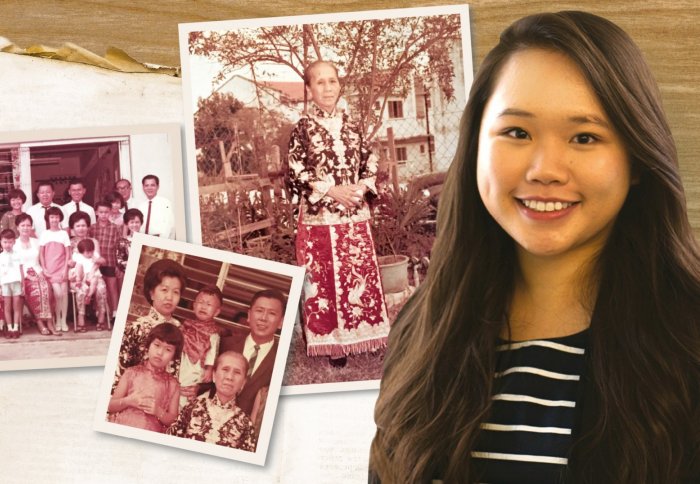
Cassandra Yong recently won the prestigious HG Wells fiction prize - carrying on the legacy of one of Imperial's most famous alumni ...
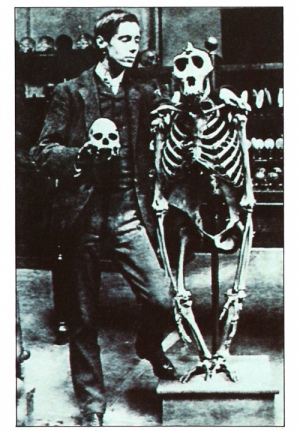
HG Wells as a student at Imperial
It is 1897, and Herbert George Wells sits quietly over his writing desk, the first draft of War of the Worlds spread before him. As a struggling biology student, who complained of being ‘constantly hungry’ he could not possibly have foreseen how his burgeoning passion for writing would eventually transform his fortunes and indeed give rise to an entirely new genre of literature.
Wells, the ‘father of science fiction,’ of course went on to enjoy a successful writing career, publishing over 50 books and earning four nominations for the Nobel Prize in Literature along the way. Curiously, Wells’ first published work was in fact a biology textbook in 1893.
Shortly after its release, he won a scholarship to study Biology at the Royal College of Science, which ultimately became part of Imperial. Wells later helped to set up the student publication Science Schools Journal, which paved the way for Phoenix and then Felix. He continued his studies at the Royal College until 1887, the same year he finished writing his dystopian War of the Worlds.
Wells was a pioneer, and the path he took from science education to literary fiction is still an unusual one. Yet, in this age of increasing interdisciplinary collaboration, the insight that scientists can bring to literature is perhaps starting to be acknowledged more. One indication of this is the introduction of optional humanities modules to traditional STEMM (Science, Technology, Engineering, Mathematics, and Medicine) degrees.
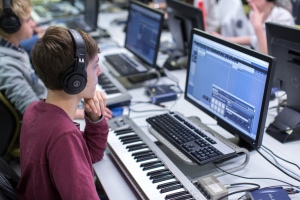
Horizons student on the Music Technology module
Imperial Horizons is one such programme run by the College’s Centre for Languages, Culture and Communication. It offers students across all years of their degree course the option to study everything from Mandarin for Beginners, through to Cultural Anthropology and Philosophy and Sociology of Art. But perhaps the module Wells would have opted for is Creative Writing – which culminates in students writing a short story and a critical analysis of their own creative and technical progression.
As well as being formally assessed, these short stories can be submitted for an annual College competition − the Sir Arthur Acland Prize. Mathematics MSc student Cassandra Yong won the prize in the 2014/15 academic year − and then went on to submit her short story to a national competition, fittingly named the HG Wells Short Story Competition, picking up the Junior Category Judging Panel Prize.
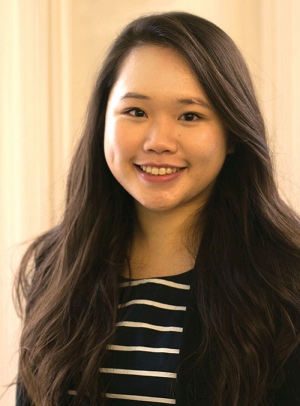
Cassandra Yong
“The whole awards process was slightly bizarre,” Cassandra recalls, “I talked to the other shortlist nominees and they were shocked that I was a maths student; writing was a primary focus for all of them.”
Cassandra had enjoyed reading and writing since she was young, but had stopped any formal literary study after her GCSEs. “Horizons presented a great opportunity to pick up writing again after a long break. I had no idea if I would be good at it but I thought ‘why not?’ It was something different from maths, which I loved, but I really wanted to go a little more leftfield and out of my comfort zone. The Creative Writing module was fantastic because going into it I had no idea how to write a story and they coached me back into it really quickly; in many ways it reignited my passion.”
Cassandra’s short story Adrift gracefully weaves fascinating family history with fictional embellishments, as she unravels the harrowing experiences of her great grandmother Ngow – sold as a child bride aged nine to settle her father’s gambling debts in Malaysia at the turn of the 20th Century (coincidentally around the same time Wells was in his writing prime).

Great Grandmother Ngow
It is a wistful story of class, family, loss and love that drags the reader into Ngow’s frightening past. Cassandra built her story upon fractured recollectionsshe compiled from her grandmother (Ngow’s daughter). “The story couldn’t have happened without her in all honesty; she put hours of her time into recounting Ngow’s history for me.”
It was this painstaking, and emotively charged research that really stood Cassandra apart and caught the judges’ eyes in the HG Wells creative writing prize. The short story competition was founded to celebrate the life and works of HG Wells and encourage creative writing, especially among the young.
“It was slightly surreal having my story get all of the attention it did,” says Cassandra. “I had to read it out to an audience at the Folkestone Book Festival which was rather daunting – I was a maths student more accustomed to sitting in a quiet room hunched over a textbook all day! It was a really intense experience but I’d do it again in a heartbeat.”
Being able to write creatively has been extremely useful at work
– Cassandra Yong
The idea of cultivating STEMM students’ educations with formal humanities teaching, as US universities have done for years, is gradually gaining traction in the UK. Imperial’s Horizons courses provide excellent opportunities for students to broaden their education, enhance their skillset and, importantly, bolsterthat crucial CV.
For Cassandra, now working as an associate at the Boston Consulting Group in London, it was a no-brainer. “Studying maths you don’t write much at all, so being able to write creatively has been extremely useful at work. Communication is so important once you’ve graduated: writing reports, giving presentations, even simple stuff like writing a clear, succinct cover letter or email. The creative writing module taught me all about critical analysis, writing concisely and working with others – these skills have been invaluable since graduating.”
The demand for Imperial Horizons modules is on the rise. Enrolment figures have almost trebled since Horizons’ inception in 2012, with close to 50% of all Imperial undergraduates enrolling this academic year.
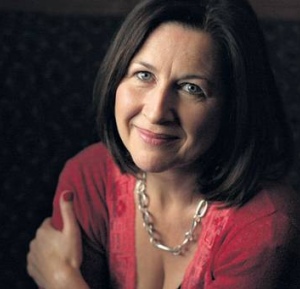
Dr Aifric Campbell
Dr Aifric Campbell is a published author and lecturer on the Horizons creative writing modules; she was also Cassandra’s Horizons tutor last year. Dr Campbell has worked with both STEMM and traditional literary students during her time teaching in further education.
“The first thing I noticed when I started teaching here is the outstanding work ethic amongstImperial students. Their writing is inspired by their own diverse backgrounds which makes the storytelling really fresh and interesting. I’ve been consistently impressed by the quality of student writing. Creative writers study things very closely, observe the world, and explore what angles one can take on those observations. This is not totally dissimilar to what scientists or engineers are trained to do.”
Dr Campbell is particularly keen to challenge the notion, still prevalent across the STEMM sector, that creative writing is a soft option and a distraction from real studies.
“The world is changing, and those in STEMM jobs are engaging with the public and media more and more – it comes with the job now. Being able to do that effectively can get you a long way.”
In a sense, Cassandra’s success brought the HG Wells prize back full circle to Imperial, and could well kickstart a new wave of scientificallytrained literary writers.
“At the very least, I do hope that success stories like Cassandra’s can show that STEMM students are not rigid thinkers and have just as much of a creative spark as anyone else. Either way, the future is certainly bright for the literary world.”
For more information visit the Imperial Horizons webpage.
The HG Wells Prize Anthology, containing Cassandra’s story ‘Adrift’, is available now on Amazon and Kindle.
Article text (excluding photos or graphics) © Imperial College London.
Photos and graphics subject to third party copyright used with permission or © Imperial College London.
Reporter
Harry Pettit
Communications and Public Affairs